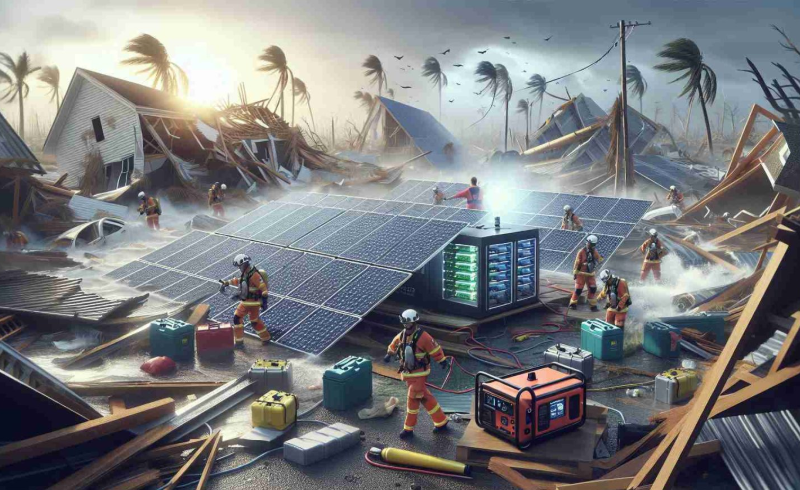What would you do if the power went out for days after a disaster? For many, this means spoiled food, no heating or cooling, and a lack of communication.
When emergencies strike, access to electricity is more than just a convenience-it can be a lifesaver. Generators are changing the way we prepare, giving families, businesses, and emergency responders the backup power they need.
In this article, you’ll learn how generators are making disaster preparedness easier, safer, and more reliable.
Reliable Backup Power
Power outages can last for days or weeks during disasters. A generator provides electricity to homes, hospitals, and emergency shelters. This keeps lights on, food fresh, and essential systems running.
Hospitals need backup power to operate life-saving equipment. Water treatment plants use it to keep clean water flowing. Without generators, critical infrastructure would fail, making recovery harder.
Supporting Emergency Response
Emergency responders need power to run communication systems. Generators keep radios, satellite phones, and command centers working. This allows rescue teams to coordinate and reach people in need.
Medical teams depend on power for ventilators and other equipment. Portable generators help them set up field hospitals in disaster zones. Without power, medical aid would be limited, putting lives at risk.
Keeping Homes Safe and Functional
Generators help families stay safe during power outages. They keep refrigerators running, preventing food from spoiling. They also power heating and cooling systems, making homes livable.
Some people rely on medical devices that need electricity. A generator ensures these devices keep working during a blackout. If you’re looking for a reliable backup power solution, consider checking with Generac generator dealers for options that fit your needs.
Enhancing Business Continuity
In an emergency, businesses need to be able to help their customers. Gas stations, grocery stores, and banks can’t stay open without power. They don’t have to shut down when the power goes out because they have generators.
Having a business open helps the area get back on its feet faster. People don’t have to wait to buy food, gas, and other necessities. Businesses can also help with emergency reaction when they have power.
Advancing Renewable Energy Solutions
New generator technology includes solar and hybrid models. These systems provide backup power without relying on fuel. They are useful in remote areas where fuel supply may be limited.
Renewable generators produce less pollution than traditional models. They help reduce dependence on fossil fuels during disasters. This makes emergency power more sustainable and eco-friendly.
Boosting Community Resilience
Communities are investing in shared generator systems. These power shelters, emergency centers, and communication hubs. This helps people stay connected and safe during long-term outages.
Cities are planning for better disaster response with backup power. Local governments and organizations are working to improve readiness. Generators are a key part of making communities stronger and more prepared.
Powering Preparedness When It Matters Most
Disasters can happen at any time, and losing power only makes them harder to face. With a reliable generator, you can keep your home running, protect your loved ones, and stay connected when it matters most. Being prepared means having the tools to take control of an unpredictable situation.
Technology is making generators more efficient and accessible than ever. Investing in one is not just about comfort-it’s about safety and peace of mind.
Did you learn something new from this article? If so, be sure to check out our blog for more educational content.




